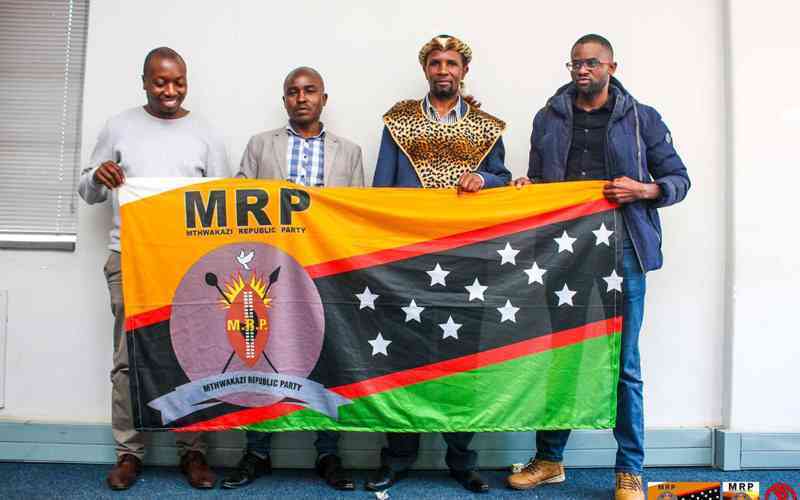
MEMBERS of Parliament (MPs) have sounded the alarm over Zimbabwe’s disjointed approach to tackling drug and substance abuse, revealing significant gaps in policy, infrastructure and co-ordination.
The government has admitted that the country is facing a growing problem of drug and substance abuse, especially among unemployed youth.
A report tabled in Parliament by the Parliamentary Portfolio Committee on Youth revealed that there is no consolidated national drug policy.
Instead, it was noted that the country is relying on disparate legislation such as the Dangerous Drugs Act [Chapter 15:02], the Liquor Act [Chapter 14:12], the Medicines and Allied Substances Control Act [Chapter 15:12] and the Treatment and Rehabilitation Guidelines, with overall co-ordination guided by the Zimbabwe National Drug Master Plan (2020-25) under the Health and Child Care ministry.
Infrastructure challenges were starkly illustrated in Gwanda, Matabeleland South province, where a former TB clinic was inspected.
Images revealed serious deterioration such as missing roofs, damaged structures and inadequate security, requiring urgent attention.
Staff shortage, resulting from the public service hiring freeze, was flagged as critical.
While facilities are manned by trained professionals undergoing continuous development, particularly at Ingutsheni Psychiatric Hospital in Bulawayo, which offers dedicated mental health training, staffing shortage was noted.
- Lest our MPs forget
- Harare’s drug lords ruling over ghettos
- Resign: MPs tell Chokuda
- Tech & Crime: Why is Registrar General’s website down?
Keep Reading
The committee warned that staff deficits and facility disparities are undermining efforts under Zimbabwe National Drug Master Plan.
“The committee observed that each hospital visited possesses a unique set-up of distinct needs, underscoring lack of uniformity and the requirement for each institution to address different aspects of care,” the report read in part.
“It was also noted that, with the exception of Chipadze, which is an annex of Bindura Hospital dedicated exclusively to substance and drug abuse rehabilitation and regarded as an ideal model for a rehabilitation centre, the centres visited are primarily mental health institutions.
“The proposed centres, while deemed suitable for establishing rehabilitation facilities, require significant renovations, particularly the one in Gwanda.”
The report said hospitals were facing staff shortages due to a government freeze on recruitment.
“Despite this, the staff is qualified and participate in ongoing training,” the report read.
Distinctly, staff attitudes vary sharply, the report said.
“Ingutsheni Central Hospital stands out for offering specialised mental health programmes for its nurses and staff,” the report said.
“In contrast, at Ngomahuru Hospital, the staff displayed a negative attitude, which seems to stem from lack of resources, poor facilities and infrastructure as well as poor remuneration packages.”
Ngomahuru, located 52 kilometres south east of Masvingo, is the second largest psychiatric hospital after Ingutsheni.
Reports indicate that a significant number of new admissions at Ingutsheni and other psychiatric hospitals are patients suffering from alcohol, drug and substance abuse.
In June last year, President Emmerson Mnangagwa launched the Zimbabwe Multi-Sectoral Drug and Substance Abuse Plan (2024-2030) and called for stiffer penalties against drug peddlers.
Local researchers have attributed the escalating drug and substance abuse among young people to waning parenting, poverty and idleness, broken homes, social influence and stress, among others.
According to a World Health Organisation report released in 2019, Zimbabwe has the highest rate of 15-to-19-year-olds engaging in heavy “episodic drinking” in Africa, with 70,7% of males and 55,5% of females participating.
The same age group is also at the fore of drug and narcotics abuse.
According to the Anti-drug Addiction Association of Zimbabwe, drug users also typically share syringes, greatly increasing the risk of infecting each other with various ailments like HIV.
In 2023, the Zimbabwe Republic Police launched the national operation No to illicit drugs and substances which saw hundreds of users and peddlers arrested.










